While the electric bicycle industry has been showing impressive growth for the last several years, 2020 witnessed rapid gains in the industry unlike anything we’d seen before. But what does the e-bike industry have in stock for us in 2021? Here are my top five predictions for this year.
Wave of affordable mid-drive e-bikes
Mid-drive e-bikes, which have a centrally-mounted motor that powers the e-bike through its bicycle gears, have long been dominated by industry heavyweights like Bosch.
Popular mid-drive e-bikes have offered high-quality drivetrains and mid to top-shelf components to match. But that has traditionally kept the prices high, often in the $4,000+ range.
However, 2021 is likely to see a new wave of affordably priced mid-drive electric bikes. There are plenty of Asian mid-drive suppliers that are growing their marketshare and helping drive down prices.
We’re actually already starting to see this trend play out with new entries from companies like Ride1Up, who just unveiled the Ride1Up Prodigy electric bike. It is likely the most affordable Brose-powered mid-drive e-bike on the market at just $2,195. (And for the record, I made this prediction weeks ago before the bike was unveiled). I expect to see more e-bikes like this unveiled in 2021, and the inclusion of non-EU motors will only intensify this trend.
There are already a few interesting low-cost mid-drive e-bikes on the market now, but I expect 2021 to see a new wave.
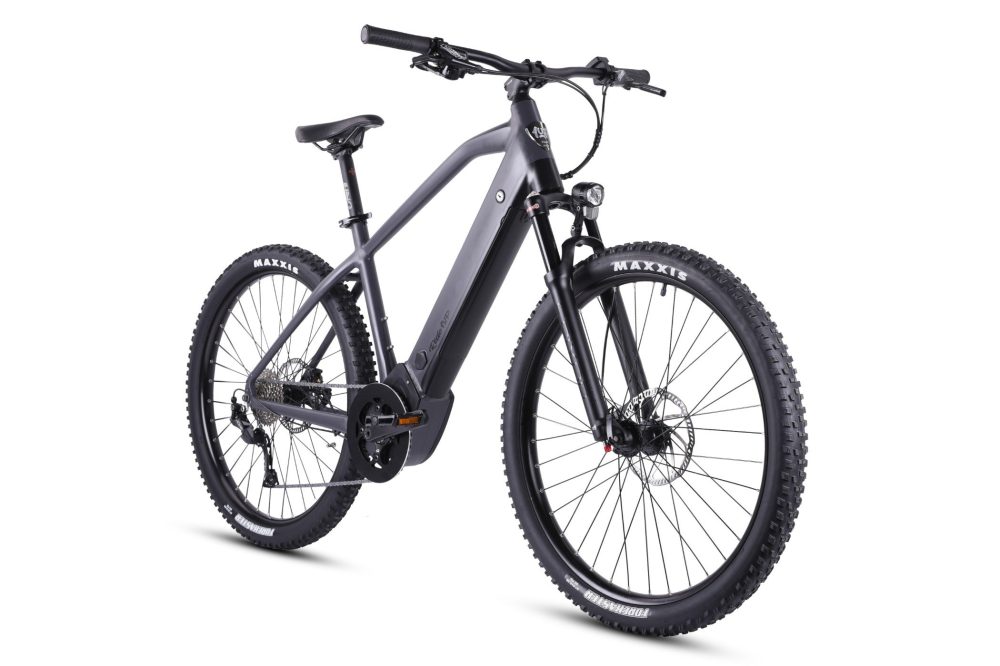
More e-bikes with small diameter fat tires
I think 2021 will be the year that smaller diameter fat tires really catch on.
This trend began largely with the electric moped wave of 2020, where small diameter fat tires became a popular way to provide motorbike-style handling and design.
Other e-bikes like the popular $899 Lectric XP have adopted these small diameter fat tires in the company’s folding bikes, forging expensive suspension in favor of cheaper air cushions in the form of fat tires.
Even one of the most famous value-oriented e-cargo bikes, the RadWagon, recently shifted to smaller diameter, wider tires.
Not only do fat tires provide extra cushion for the ride, but the small diameter 20″ versions minimize the extra bulk that comes with fat tires.
They prevent the e-bike from growing too heavy and unwieldy. They also help designers reduce the standover height, making the e-bikes more accessible to a wider range of riders.
Apartment dwellers and anyone with a crowded garage will also enjoy the advantage of a more compact e-bike.
Small diameter fat tires won’t replace traditional 26″ and 700c tires found on many e-bikes. But for anyone not worried about extreme efficiency, their advantages are too numerous to ignore. That means e-bike manufacturers are going to find a growing demand for this style of e-bike.
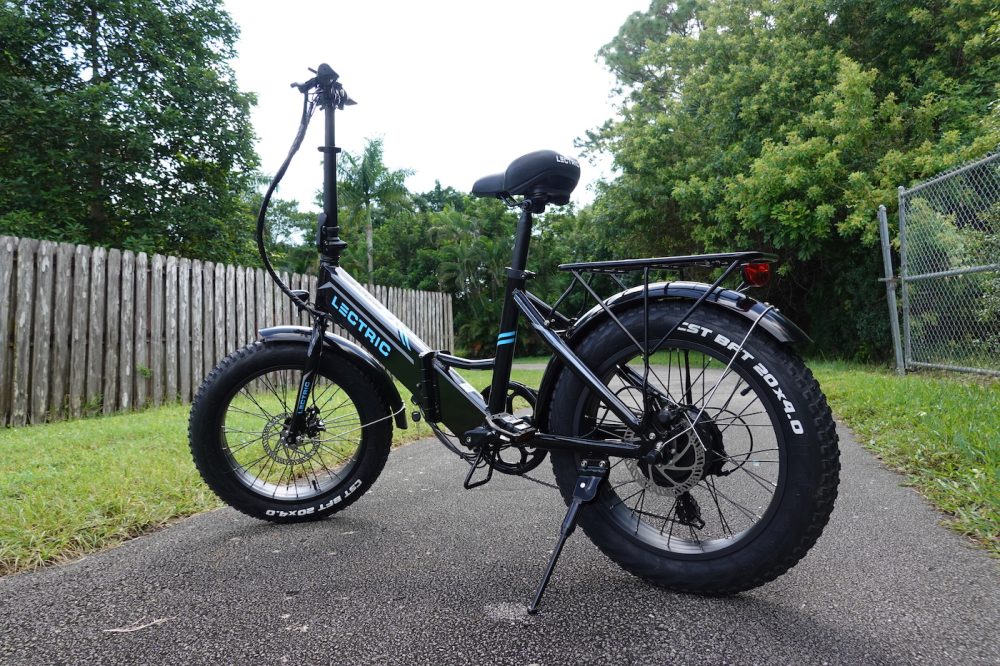
E-bike battery breakthroughs for 2021
This will be the year that e-bike batteries drop 50% in price while doubling their capacity.
Just kidding.
Nothing new will happen to e-bike batteries in 2021. Nothing major, at least.
I’m sorry to be the bearer of bad news here, but you can pretty much take this prediction to the bank.
Other than small incremental increases in capacity, there will be no major breakthroughs in e-bike batteries in 2021. And the incremental increases in capacity won’t be due to any technological advances – they’ll simply be the result of manufacturers of battery packs shoving in a few more cells.
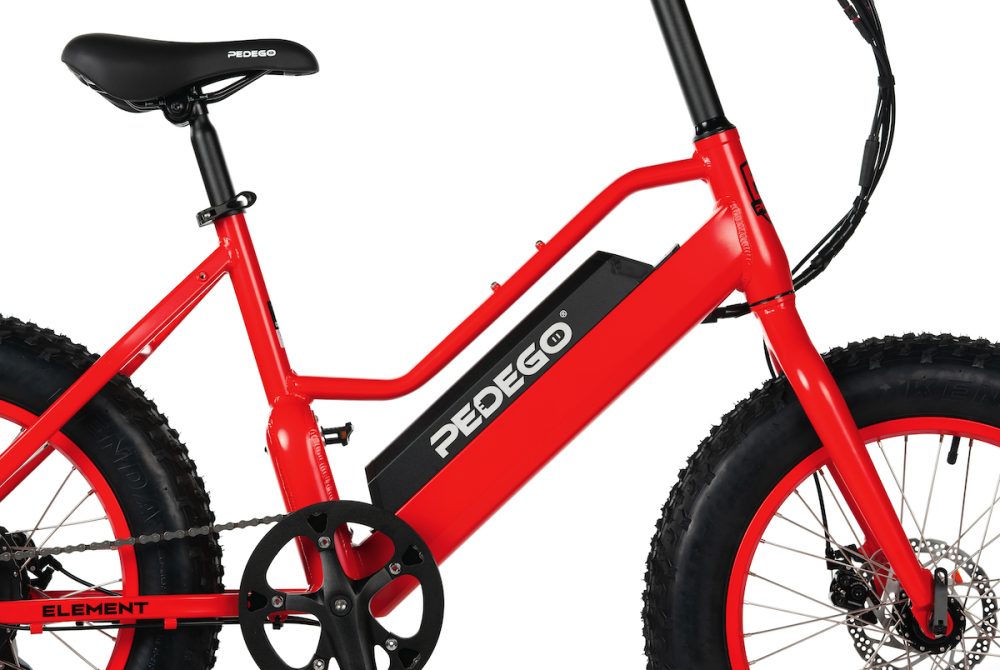
The most popular format of battery cell for e-bike batteries, the 18650, hasn’t seen a meaningful capacity increase beyond 3.5Ah in years. Some e-bikes use the slightly larger 20700 and 21700 format cells, but these are much more rare and don’t offer much advantage for packing in more capacity.
The biggest innovations in e-bike batteries actually came years ago, and were thanks to other industries. Popular 18650 cells like the Panasonic 18650b were developed to cram more capacity in battery packs like those used in electric cars, and then the cells found their way into e-bike batteries as well.
High power 18650s such as the Sony V-series were largely developed for cordless power tools, and then began finding their way into battery packs designed for high power e-bikes.
But without any major battery advancements in the last few years, there’s currently nothing for the e-bike industry to inherent from other industries.
That doesn’t mean we won’t be zooming around e-bikes sporting solid state batteries in the next 5-10 years, but it won’t happen in 2021.
Sorry.
Long waits for e-bikes
This is another bad news prediction. Unfortunately you can expect to wait a while for new electric bikes in 2021, especially the first half.
The COVID-19 pandemic positively wrecked e-bike supply chains, most of which start in Asian countries like China and Taiwan that saw devastating lockdowns in 2020. While those countries got back to work sooner than much of the west, they were smacked with unprecedented spikes in demand as soon as their factories reopened.
Supply chains are slowly starting to catch up, but the imperative word there is “slowly.”
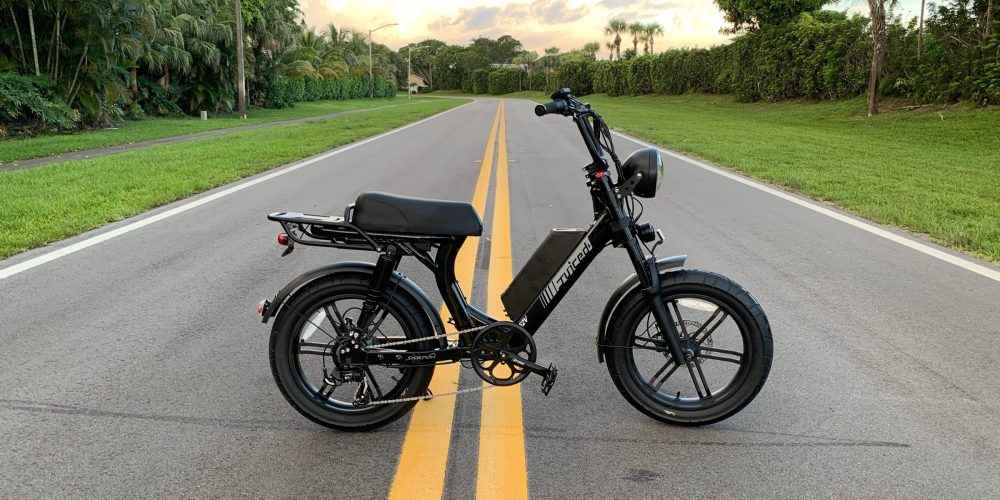
Many e-bike manufacturers are still being quoted lead times of a year or more on components such as brakes and handlebars.
Popular e-bike companies have struggled to keep e-bikes in stock, leading to the second half of 2020 becoming the year of the e-bike backorder.
While that will improve in 2021, it will take many months if not most of the year. So while some companies will be able to maintain some semblance of stock in their warehouses, you should still expect many e-bike manufacturers to continue working on a pre-sale or back-ordered basis.
And unfortunately, you’re just going to have to live with that. I know it’s tough to pay for something in full and then wait several months for it to arrive. It’s even tougher when you’re talking about a several thousand dollar e-bike. But if you wait for the bikes to be in-stock, you could be waiting most of the year while each container of e-bikes is sold before it ever arrives in port.
More e-bike startups
I think 2021 is likely to see a boom in new e-bike startups, especially from Asia.
I’m not talking giant manufacturers. I’m thinking more like random Indiegogo campaigns and “let’s see if this venture works” type of startups.
That’s not necessarily a bad thing. Some very interesting e-bikes have come out of these types of ventures. And need I remind you that some of the most successful e-bike companies out there, such as Rad Power Bikes, got their start on Kickstarter? But we’ll likely see a lot of weak-sauce attempts too.
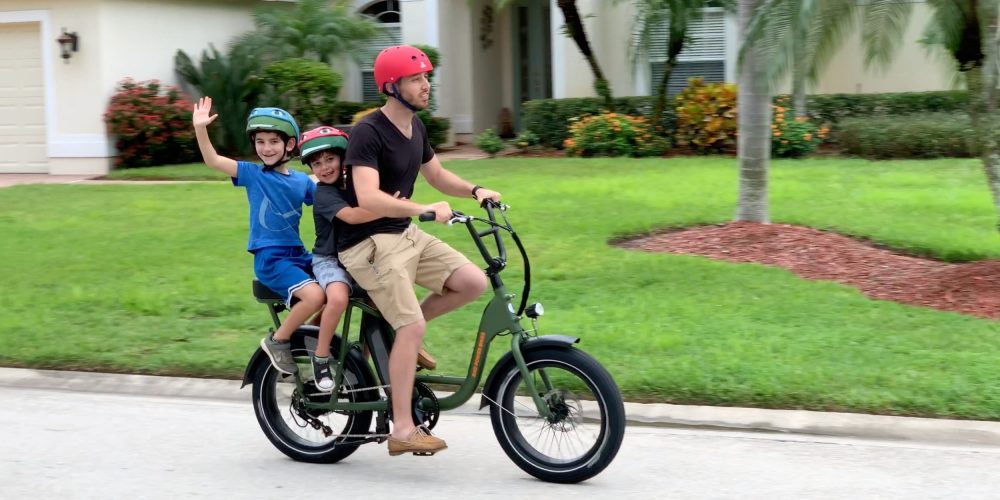
I believe the massive increase in demand for e-bikes will be the largest driver behind a wave of new e-bike startups. It will be hard for many entrepreneurs to see the market demand and not think to themselves, “Maybe I should start an e-bike brand.”
There will likely be some interesting entires, but also likely a number of regurgitated designs that have been white-labeled from the same giant e-bike factories in China.
A whole new year for e-bikes
Overall, 2021 should be an interesting year for e-bikes.
We may not see any massive battery advancements, but prices should continue their slow crawl downwards and we should have plenty of interesting new additions to the market.
Do you have your eye on a new electric bicycle this year? Let us know which one in the comments section below!
FTC: We use income earning auto affiliate links. More.
Subscribe to Electrek on YouTube for exclusive videos and subscribe to the podcast.
